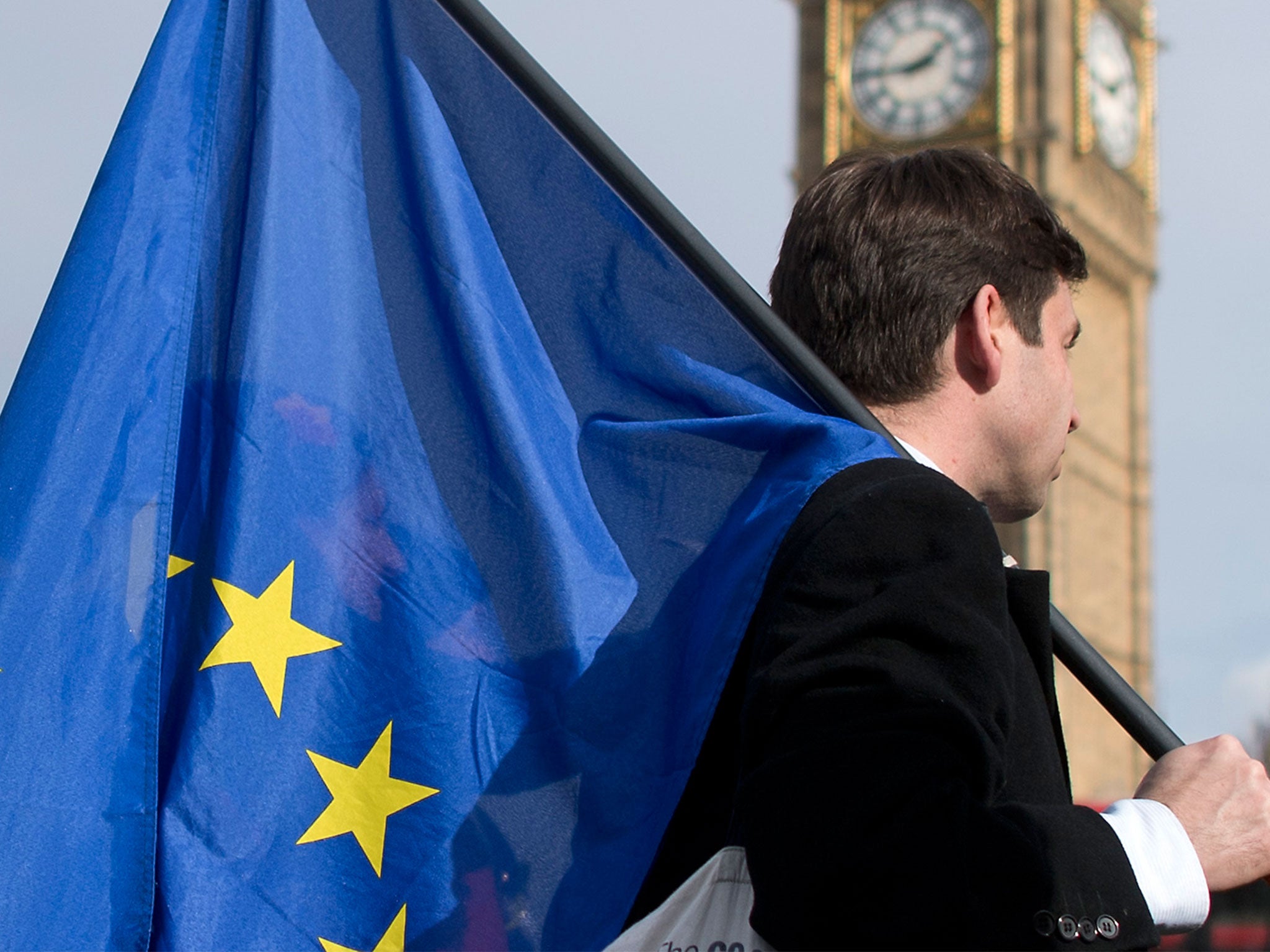Brexit: Pro-Leave Twitter bots played ‘strategic role’ in EU referendum result, says Oxford University study
Social media sites have to redesign themselves if democracy is to survive, the report warns

Bots and trolls are working together to spread propaganda and manipulate Twitter and Facebook users’ political views, says a new study from the University of Oxford.
Bots “played a small but strategic role” in shaping Twitter conversations during the EU referendum last year, according to the report.
“The family of hashtags associated with the argument for leaving the EU dominated, while less than one percent of sampled accounts generated almost a third of all the messages,” it says.
They also affected the outcome of the 2016 US Presidential election, the study adds.
“Computational propaganda is one of the most powerful new tools against democracy,” warns the report.
It describes computational propaganda as a “phenomenon that encompasses recent digital misinformation and manipulation efforts”, which “involves learning from and mimicking real people so as to manipulate public opinion across a diverse range of platforms and device networks”.
According to the study, which analysed tens of millions of social media posts across seven different platforms during elections, political crises, and national security incidents in nine countries, computational propaganda is most effective when bots and trolls work together.
Facebook in particular has attracted a great deal of criticism in recent months, due to the rise of fake news.
Mark Zuckerberg initially denied that false stories spread through the social network had an effect on the Presidential election, but changed his stance soon after.
According to the University of Oxford study, social media sites need to redesign themselves in order to regain trust.
“For democracies, we should assume that encouraging people to vote is a good thing. Promoting political news and information from reputable outlets is crucial. Ultimately, designing for democracy, in systematic ways, will help restore trust in social media systems,” it says.
“Computational propaganda is now one of the most powerful tools against democracy. Social media firms may not be creating this nasty content, but they are the platform for it.
“They need to significantly redesign themselves if democracy is going to survive social media.”
Join our commenting forum
Join thought-provoking conversations, follow other Independent readers and see their replies
Comments
Bookmark popover
Removed from bookmarks